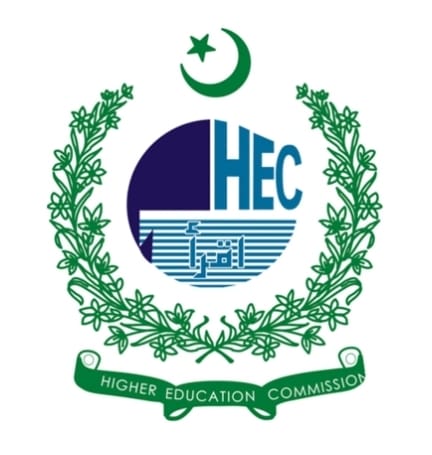EMPIRICAL EVIDENCE ON ROLE OF SELF-EFFICACY UPON COMMITMENT OF TEACHERS IN HIGHER EDUCATION INSTITUTIONS
DOI:
https://doi.org/10.59365/amsj.1(1).2022.7Keywords:
Self-efficacy, Commitment, Affective Commitment, Normative Commitment, Continuance Commitment.Abstract
Obviously, the self-efficacy and commitment of instructors in advanced education institutions over the Sothern District Universities of KP have not been discussed nor measured. Of the few reviews concerning this subject, none has focused on individual factors like age, carnal orientation, workload, experience, instruction etc., also the impact they may have on the dedication of HEI's instructors. The inspiration driving current review is to evaluate how much age, sex, workload, experience, education, and self-efficacy influence the commitment of HEI's instructors in the Sothern District Universities of KP. This study has used quantitative way of data collection. This research study has population which consists of all the male and female teachers working in the “Gomal University, D.I.Khan, Khushal Khan Khattak University Karakand University of Science & Technology Bannu, in Khyber Pakhtunkhwa, Pakistan. Sample of 162 was selected as number of questionnaires received responded. The results of this study demonstrated that there was a significant association between job commitment and self-efficacy. There is affirmative association among teacher’s commitment and self-efficacy; it means that when self-efficacy increase, the organizational commitment will also increase. The outcomes of study may help in recruitment process by giving the required standard attributes for selection of new employees, such as behavior, attitudes etc. The study may help the future research by inspiring them to evaluate their current environment and situations, thus questioning the status quo. From this study it is understood that self-efficacy is important and it increases the level of commitment of employee to the job and organization.





